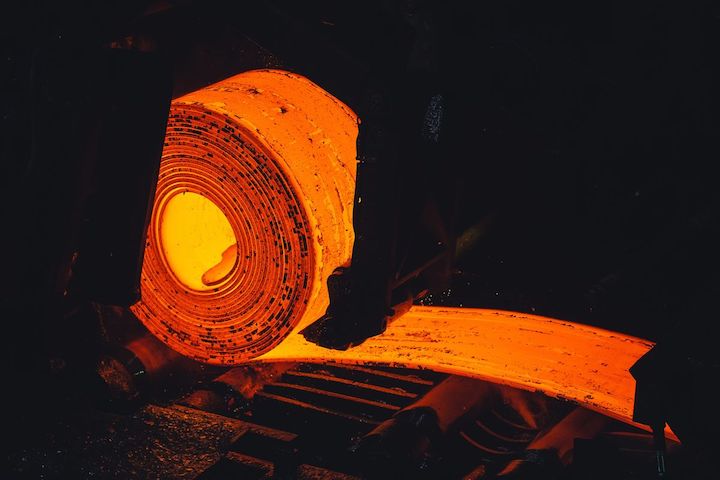The U.S. has submitted an initial offer to the European Union to resolve a three-year dispute over steel imported from the bloc, paving the way for a solution by a year-end deadline.
The proposal, which U.S. officials were weighing last week, involves a tariff-rate-quota system, according to a person familiar with the situation who asked not to be identified because the discussions are private. Intensive talks are ongoing, according to European officials who declined to be identified.
The parties will discuss the issue at the inaugural meeting of the U.S.-EU Trade and Technology Council on Sept. 29 in Pittsburgh, where State Secretary Antony Blinken, Commerce Secretary Gina Raimondo, and U.S. Trade Representative Katherine Tai will host European Commission Executive Vice Presidents Margrethe Vestager and Valdis Dombrovskis, another person said.

Tariff-rate quotas allow countries to export specified quantities of a product to other nations at lower duty rates, but subjects shipments above a pre-determined threshold to a higher duty.
The European Commission has confirmed with U.S. counterparts that it wants to find a solution before Dec. 1, a commission spokesperson said by email, declining to provide more details because the talks are ongoing.
The parties have agreed to move forward on restoring historic trade flows and to have a system that’s compliant with World Trade Organization rules on trade, the spokesperson said. The U.S. Commerce Department and the Office of the U.S. Trade Representative didn’t immediately respond to requests for comment.
Then-President Donald Trump in 2018 slapped a 25% duty on steel imports and 10% on inward-bound shipments of aluminum from producers including the EU using section 232 of the 1962 Trade Expansion Act. The statute allows for levies without a vote by Congress if imports are deemed a national-security threat. The former president said the tariffs were needed to protect the domestic industry from going under.
The U.S.’s initial offer pertained to steel only, and didn’t include aluminum shipments, the person familiar said.
Earlier this year, the U.S. stressed in conversations with EU counterparts that it sees the underlying problem of global steel overcapacity as a shared one, largely caused by China, and that the U.S. and EU need to work together.
The EU and U.S. in May agreed to avoid escalating their dispute over the tariffs, sparing iconic products such as bourbon whiskey and Harley-Davidson motorbikes from a doubling of EU reciprocal duties. The move was meant to create space to try to resolve the steel and aluminum dispute by year-end as both sides seek to rebuild their economic alliance.
While President Joe Biden has kept the duties in place, and Raimondo has defended them, some American manufacturers have said they’ve hurt their business.





